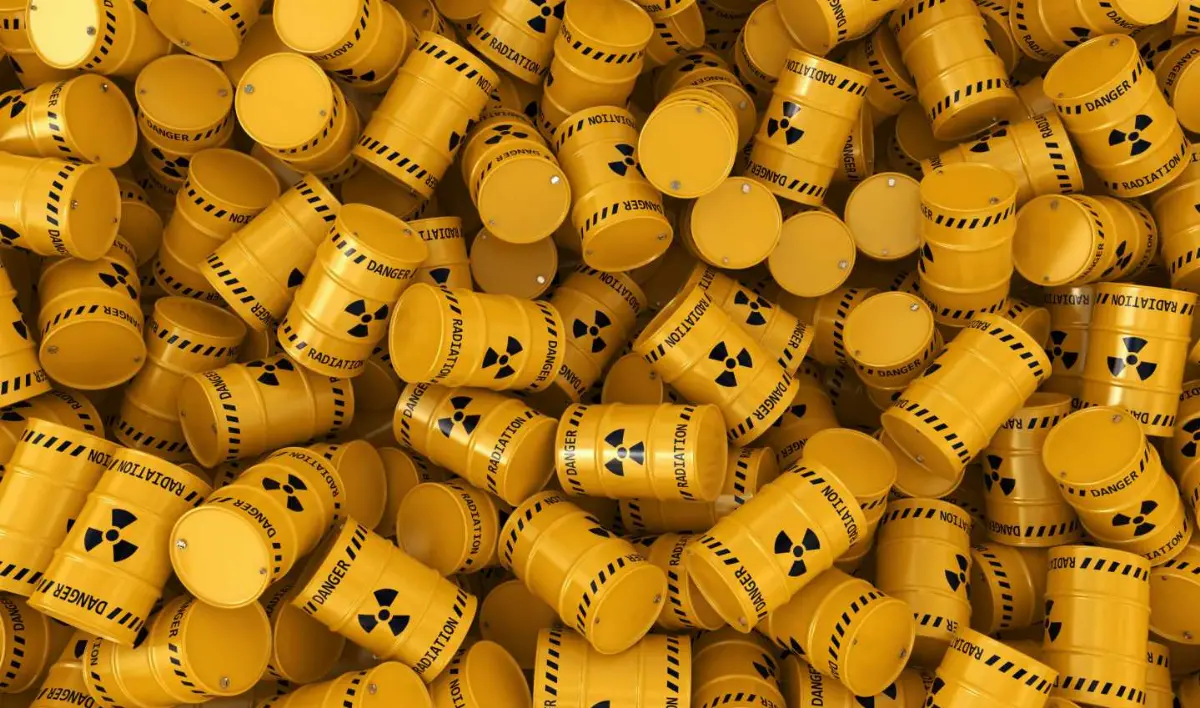
Do you want to access to this and other private contents?
Log in if you are a subscriber or click here to request service
Aiea and Malaysia working towards sustainable agriculture
The Asian country is at the forefront of studying nuclear techniques to accelerate the process of natural selection

The International Atomic Energy Agency (IAEA) has extended the designation of the Malaysian Nuclear Agency (MNA) as an IAEA collaborating center in three research areas: plant breeding, non-destructive testing and radiation treatment of polymers. Plant breeding using nuclear techniques to accelerate the process of natural selection is a significant element in Malaysia's efforts to improve the sustainability...
lml - 35868
EFA News - European Food Agency
EFA News - European Food Agency